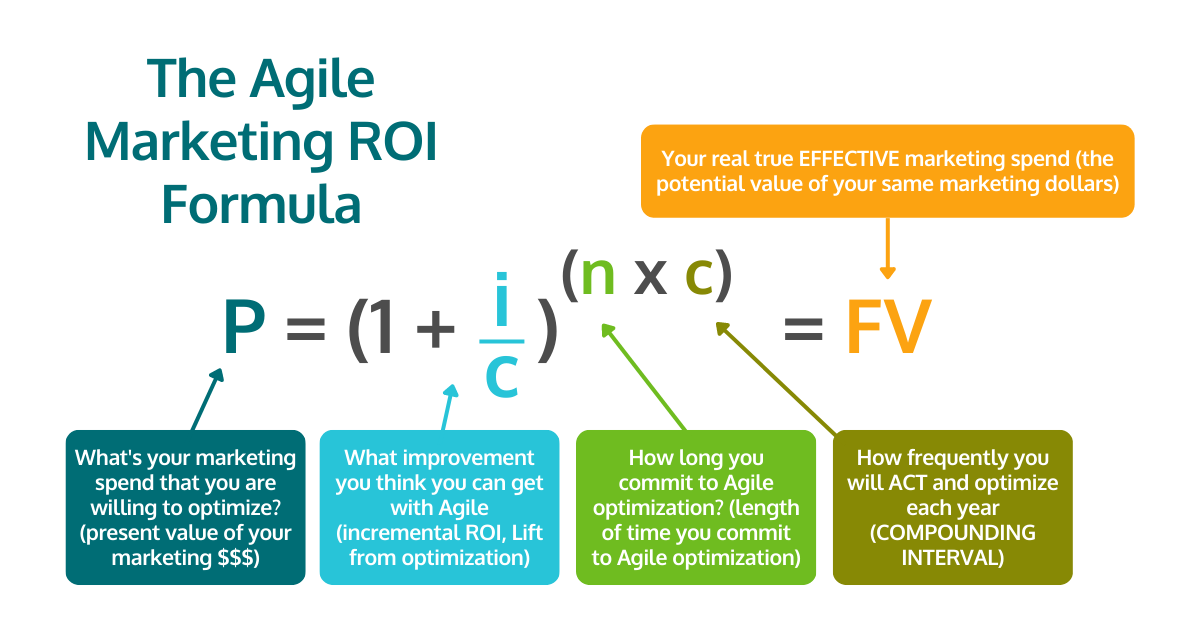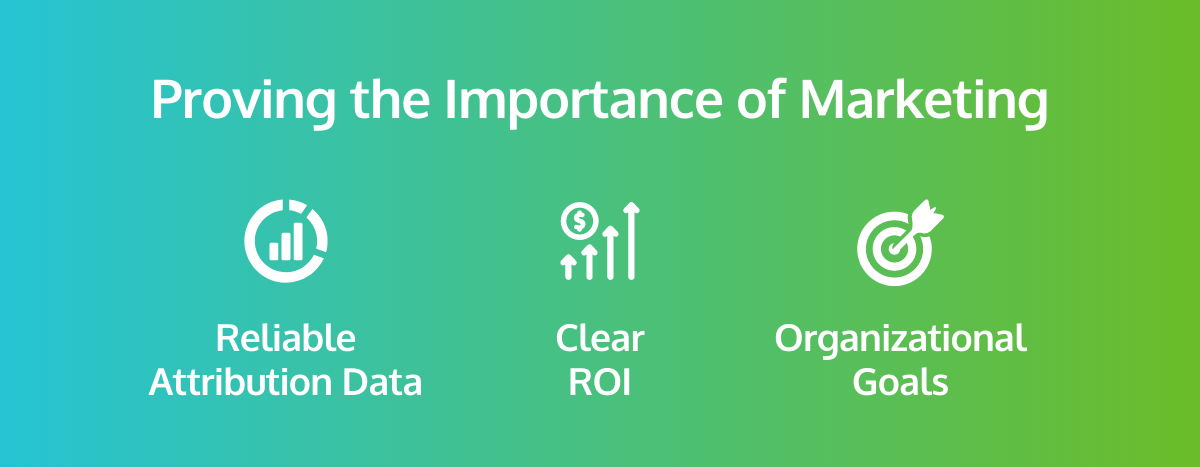-
- marketing agility
- Teams
- Organizations
- Education
- enterprise
- Articles
- Individuals
- Transformation
- Solution
- Leadership
- Getting Started
- business agility
- agile management
- going agile
- Frameworks
- agile mindset
- Agile Marketing Tools
- agile marketing journey
- organizational alignment
- Agile Marketers
- People
- Selection
- (Featured Posts)
- strategy
- agile journey
- Kanban
- Metrics and Data
- Resources
- Why Agile Marketing
- agile project management
- self-managing team
- Agile Leadership
- Meetings
- Scrum
- agile adoption
- scaled agile marketing
- tactics
- AI
- scaled agile
- Agile Meetings
- agile marketing training
- agile takeaways
- enterprise marketing agility
- agile coach
- Scrumban
- agile marketing planning
- state of agile marketing
- team empowerment
- Intermediate
- agile marketing mindset
- agile plan
- Individual
- Team
- Videos
- agile marketing
- agile transformation
- kanban board
- Agile Marketing Teams
- Agile Marketing Terms
- traditional marketing
- Agile Marketing Glossary
- FAQ
- agile marketing methodologies
- agile teams
- CoE
- Scrumban
- agile
- agile marketer
- agile marketing case study
- agile marketing coaching
- agile marketing leaders
- agile marketing metrics
- agile pilot
- agile sales
- agile team
- agile work breakdown
- cycle time
- employee satisfaction
- marketing value stream
- marketing-analytics
- remote teams
- sprints
- throughput
- work breakdown structure
- News
- agile brand
- agile marketing books
- agile marketing pilot
- agile marketing transformation
- agile review process
- agile team charter
- cost of delay
- hybrid framework
- pdca
- remote working
- scrum master
- stable agile teams
- stand ups
- startups
- team charter
- team morale
- user story
- value stream mapping
- visual workflow

Most marketers are no strangers to feeling unappreciated. Our successes are too often taken for granted while leaders somehow think they can cut our budgets without making sacrifices at the bottom line.
These struggles are particularly salient today when being unable to demonstrate the importance of marketing puts us squarely in the firing line of budget cuts. Squeezed between a more competitive marketing landscape and fewer resources, being a marketer has never been harder.
That’s why it’s never been more important for marketing to prove its value to the rest of the organization. At the same time, we also need to consistently produce value worth sharing. The good news is that these two goals are deeply intertwined. Below, we outline proven strategies to improve marketing quality while simultaneously making it easier to demonstrate ROI to the rest of your organization.
Proving the Importance of Marketing Starts with Understanding It
Better marketing starts with a solid understanding of what it’s trying to achieve. Too often we think of marketing as simply about selling products or services. But the real definition is more about delivering value to a market in the form of goods or services. In other words, the goods and services aren’t the point, the value they provide is.
Think about the last car commercial you saw. Was it really selling a car or was it selling the value the car provides: mobility, fun, a feeling of security, etc.?
This distinction is why it’s so important to avoid getting caught up in vanity metrics like impressions and drill down on how exactly marketing is providing value to all its stakeholders, customers, and internal people alike. Effective marketing begins with a focus on that core mission.

Why Is Marketing Important?
Now that we’ve run through the basics of what marketing is, what exactly makes it so important? Again this can seem too basic, but even seasoned marketers can easily lose sight of these fundamentals. So before we dive into strategies you can use to prove the value of your marketing, let’s appreciate where that value really comes from.
1. Awareness Is the Foundation of Product/Service Success
While we mentioned that impressions are usually vanity metrics, that doesn’t mean that awareness isn’t deeply tied to the importance of marketing. Ultimately, no one is going to buy your product or service if they don’t know it exists. The problem comes when marketers focus on awareness as a Key Performance Indicator (KPI) instead of a metric that points in the right direction but is secondary to others that can more directly be tied to organizational goals.
2. Marketing Drives Revenue
Seemingly obvious, it’s shocking how often leadership can forget this simple fact. While precise attribution can be difficult (more on that later), the simple fact that marketing is generally the function that transforms great products and services into revenue can’t be neglected. Marketing serves as the bridge, connecting the right customers with things that can bring them value.
3. Marketing Provides Invaluable Customer Insights
No product or service exists in a vacuum and adaptation to changing customer needs is always vital if an organization is going to remain competitive. Marketing provides the best tool for organizations to keep their finger on the pulse and determine how they can adapt to continue to provide value to their customers. Put another way, if your marketing isn’t providing customer insights into other functions within the business, it’s time to change that.
4. Marketing Enables Organizations to Test Ideas
Building on the importance of evolution, organizations need to be able to test ideas about everything from what products their customers want to who their customers are in the first place. Without this capability, organizations are essentially running blindly on assumptions and guesses.
Because of its role as the link between organizations and their customers, much of the importance of marketing lies in it being the best tool to run these kinds of tests. Once again, if this isn’t something you’re already doing, you’re missing out on a key way to provide value to your organization and customers.
5. Marketing Enables Organizations to Tell Stories
This may sound odd and abstract but it’s hard to feel motivated, let alone inspired, without a clear sense of what value your organization is providing. Working with leaders, marketers are uniquely suited to help craft a story about what the organization is trying to accomplish, helping to inspire and motivate. But beyond that, these stories help keep the entire organization focused on what they’re trying to accomplish, improving effectiveness.
6. Marketing Builds Brands and Reputations
Aside from the shorter-term selling of products and services, marketing is where organizations build up a strong brand that provides tremendous value over time. Instead of having to constantly explain who they are, people will instantly recognize and associate the brand with key attributes, making subsequent marketing and communication more efficient and effective.
If anyone in your organization needed reminding of how valuable brands are today, look no further than Twitter’s recent rebrand to appreciate just how much value lies in the symbols and reputations that we can easily take for granted.
Next, you'll learn how to prove the importance of marketing. Before that, why don't you quickly check out how bad processes are eating up your budget?
How to Prove the Importance of Marketing
Now that we’ve run through all the ways marketing is important, let’s explore how that importance can best be enhanced and communicated.
Get Attribution Right
Attribution is the ability of marketing to draw a direct causal line between their activities and some business result. For example, by using data to show that a sales lead first encountered your business in one place before learning more through something like an email campaign, which ultimately led that person to fill in a contact form.
This is vitally important because it provides concrete data to determine precisely how much value marketing is bringing, broken down by activity. This enables marketing to see what’s working and where they should be investing their limited resources.
But all of that is far easier said than done. Attribution has long been the bane of most marketers’ existence and recent changes to privacy rules have only made it harder. So what should you do to improve it?
While some basic, though unreliable, attribution can come from something as simple as salespeople asking prospects where they heard about the business, the best attribution comes from data-driven tools. That said, the best tool will depend on a range of factors like what tools you already use, the type of marketing you do, and your budget.
Overall, the best advice for attribution is to invest in it from the start. It’s far easier to create a reliable attribution model before you begin a marketing campaign compared to struggling to figure it out after the fact.
Frame Your Work Around ROI
Marketing is ultimately all about communication, but it’s easy to forget that we need to communicate the importance of marketing to our internal stakeholders just as much as to our customers. Fortunately, once you get your attribution right, it’s simple to present the value of marketing in terms any business leader will understand and appreciate: Return On Investment.
While there are many ways marketers can calculate ROI, using this framing can make it clear to leaders how much value marketing is providing and what greater investment in marketing can generate. In a world of shrinking budgets, that can be invaluable.

Use a Value-Driven Approach
We’ve mentioned the importance of ROI, but saying that’s important and getting your entire marketing team to operate that way are two different things. That’s why it’s so important to build your entire marketing strategy around delivering value to stakeholders so it’s not just an afterthought.
Building that practice requires getting more frequent stakeholder feedback. Whether in the form of checking in with senior leaders to ensure marketing is working towards organizational goals (more on that below) or crafting smaller Minimum Viable Product (MVP) campaigns to test ideas about what your customers want, feedback is key to creating consistent value.
Tie Marketing to Organizational Goals
This is the last piece of the puzzle for proving the importance of marketing. Ultimately, anything marketing achieves through all that work on attribution and ROI won’t mean very much if it isn’t tied to the organization’s strategic goals. There’s simply no better way to demonstrate the importance of marketing than clearly showing that you’re contributing to those goals.
It starts with regular communication between marketing and senior leadership to ensure everyone is on the same page about strategic goals. Here, you can show that marketing is always thinking about how to support organizational goals (something leadership is likely to appreciate).
Then, when you’re creating your marketing objectives, ensure they all tie back to one of those strategic goals. With this, you’ll avoid coming to senior leaders bragging about a marketing “success” only to be met with a shrug because that objective had no connection to the organization’s mission.

Get Started with Value-Driven Marketing
While the concept of using value-focused marketing to show its importance to leaders is fairly straightforward, there are a lot of components to get right. From understanding how to understand what your stakeholders value to crafting the right marketing objectives, there’s a range of skills that act as building blocks for this approach.
That’s why we created a range of small easy-to-digest courses designed specifically to equip you with the concepts, examples, and practice you need to prove the value marketing provides. So before you end up in another meeting with senior leadership trying to justify the meager budget you have, equip yourself with the skills you need to show your worth.
Topics discussed
Improve your Marketing Ops every week
Subscribe to our blog to get insights sent directly to your inbox.


